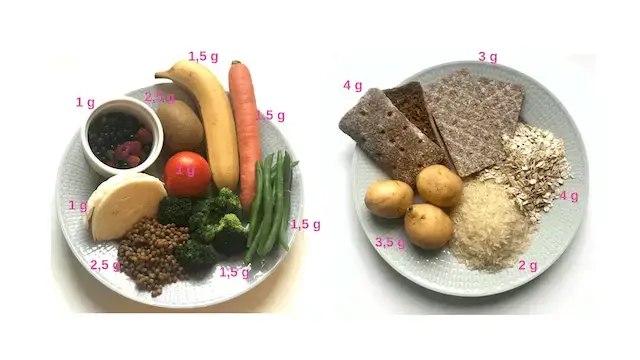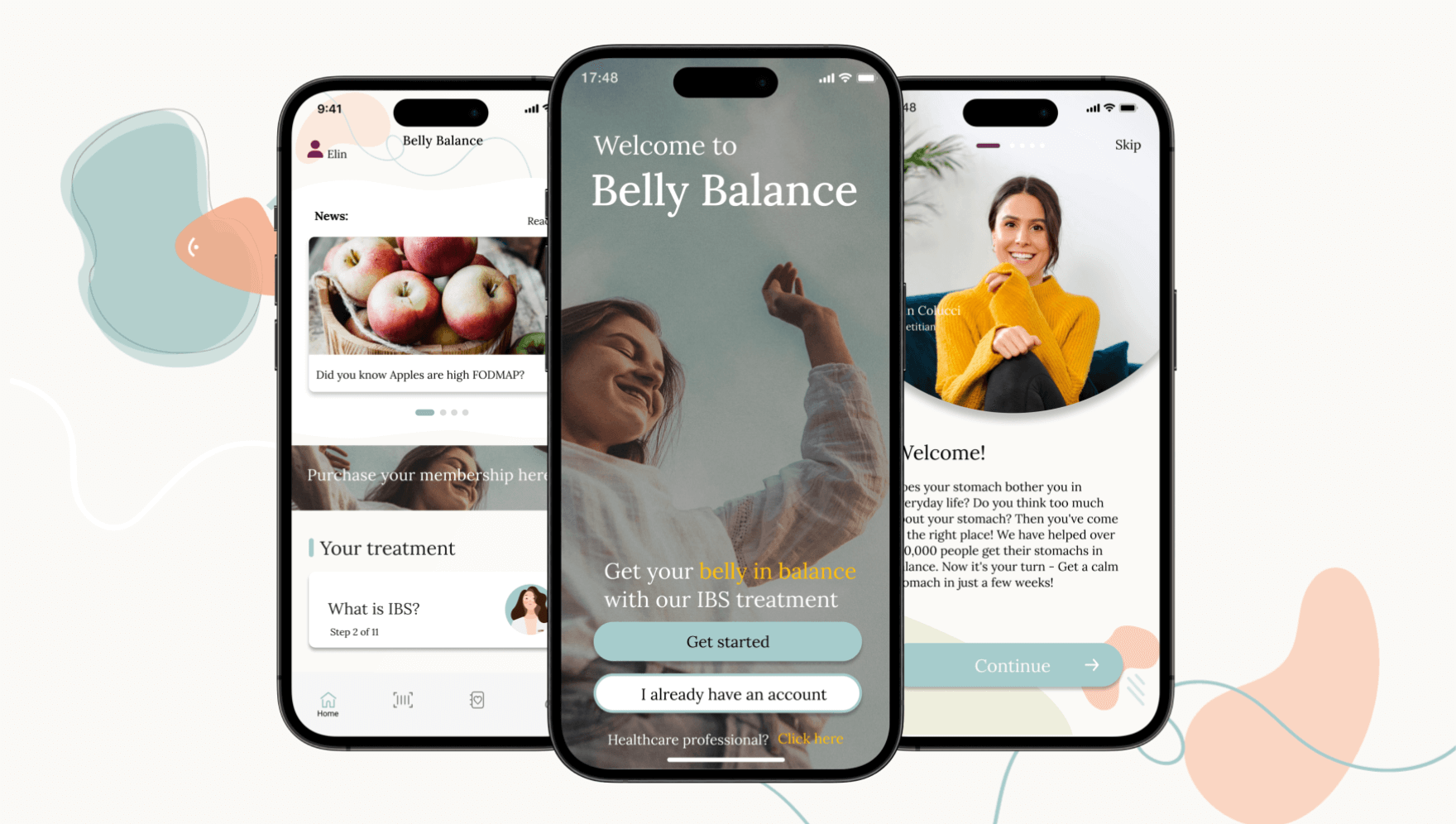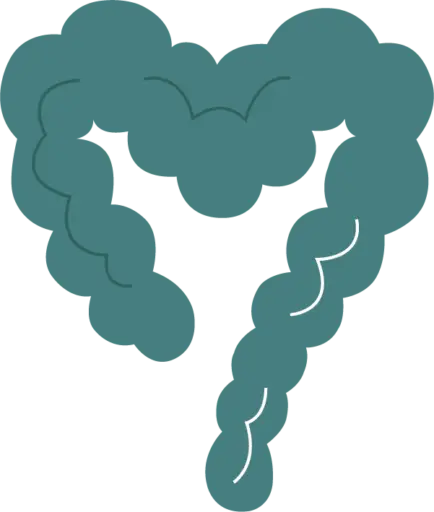
Fibers and IBS
Have you also heard that if you have IBS, you should stay away from fiber? A low-fiber diet has long been the standard treatment for IBS, but newer research has shown that a calm stomach doesn’t result from excluding fiber. Choose the RIGHT type of fiber, and IBS symptoms will decrease!
What are fibers?
Fiber is a type of carbohydrate that is only found in plant-based foods, such as fruits, vegetables, legumes, nuts/seeds, and whole grains. Unlike other carbohydrates, fiber is not fully broken down during digestion and reaches the colon mostly intact. In the colon, our gut bacteria begin to feast on the fiber remnants, and during this process, some people may experience discomfort, such as gas and fluid imbalances. We all have different levels of sensitivity to how much fiber we can “tolerate” before discomfort occurs.
So why is it important to eat fiber, even if it causes stomach issues? Fiber has numerous health benefits. Besides being excellent food for our beneficial gut bacteria, fiber also contributes to good cardiovascular health, oral health, and helps in maintaining a healthy weight. It’s known that most Swedes currently consume too little fiber. The goal is to get 25-35 grams per day, but the average intake is only 17 grams. We need to become better fiber hunters! So, how much is approximately 30 grams of fiber? Here’s an example:

How do you consume fiber with IBS without experiencing stomach pain?
We with IBS know that it’s not easy to follow the usual dietary advice for increasing fiber intake. If we load up on whole grains and beans, our stomachs rebel! But don’t worry, there is a way to increase fiber intake even for those of us with sensitive stomachs. It’s all about choosing fiber sources that don’t cause too much trouble in the colon. Below, you’ll find a list of the 10 best fiber sources for those with IBS.
Top 10 fiber-rich low-FODMAP foods:
- Oats
- Edamame beans
- Broccoli
- Kiwi
- Banana
- Canned lentils
- Kale
- Psyllium seeds
- Spelt bread (not whole grain)
- Green beans (haricot verts)
Belly Balance digital treatment
What are you waiting for? Start hunting for fiber today! In the Belly Balance app, you’ll find a symptom diary, FODMAP lists, barcode scanner, recipes, weekly meal plans, and our digital IBS treatment.
Sofia Antonsson
Reg. Dietitian, Belly Balance
Read more about

IBS - What is it?
Bloated , constipated or having a gassy stomach? IBS or Irritable Bowel Syndrome is a functional gastrointestinal disorder, meaning no physical issues can be found in the stomach or intestines; they just don’t function quite as they should.

How the app works
Download the app and become part of our community. We assist you in achieving a calm and happy stomach through treatment and tools available directly in the app.

About FODMAP
By learning which foods upset your stomach, you can make conscious choices and get quick symptom relief. With the low FODMAP diet, you receive structured assistance in understanding which foods your body tolerates better than others. No more guessing and pondering – you get the answer straight away!

